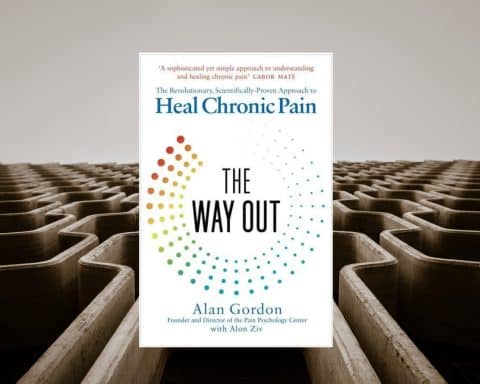 Samar Razaq is a GP in Burnham
Samar Razaq is a GP in Burnham
“Controversy is only dreaded by the advocates of error.” Benjamin Rush
Is the pandemic already slowing down? I can almost hear a collective gasp from many who may think uttering such things in such desperate times is akin to blasphemy. Recent days have barely suggested anything of the sort as one terrible headline has followed the next in a procession of pessimism and despair. Highest mortality since world war 2, more deaths in the2nd wave than the first, over 100000 deaths caused by the pandemic, ITU beds close to “overtopping”; these have just been some of the headlines we have had to sadly endure in the last few days as serious concerns of the NHS being overwhelmed are being realised. Is there no hope in this quagmire of overwhelming desperation?
Is there no hope in this quagmire of desperation?
Perhaps it may help to look at the mortality figures of 2020 for England and Wales, now that they are available in their entirety, and see if there is anything that may give us a glimmer of hope. If we look at the 13 weeks between week 12 and 24 of the year we can argue they represents the first wave of Covid-19 as it was during these weeks that the weekly mortality was above the 5 year average. In this 13 week period there were 48213 deaths attributed to Covid-19. The number of excess deaths above the 5-year average in the same time period was 59338 (45% above the 5 year average).
We can now compare this directly with the last 13 weeks of 2020. One would naturally expect the number of Covid-19 deaths to be higher in number and the excess deaths to be greater, as during the winter the mortality rate is usually higher. In the 13 weeks between week 41 and 53, however, there were 28238 deaths where Covid-19 was recorded on the death certificate. The number of deaths above the 5 year average was 20721, less than half of what was recorded in the spring (16% above the 5 year average).
It is important to look at the deaths in terms of excess deaths, as this allows us to understand what additional mortality the virus is causing above what would be expected at the time of the year. It is inevitable that the pandemic will claim the lives of many people who would have unfortunately perished this year anyway. The media and government strategy of highlighting daily death figures is not only misleading but also induces a huge amount of anxiety and stress amongst the general population. Although fear is a useful means to helping adherence to the lockdown rules, it has inadvertently caused a huge amount of mental strife in the community, a fact which cannot be measured by “overtopped” ITU bed capacity.
The number of deaths above the 5 year average was … less than half of what was recorded in the spring.
Despite the reduction, the excess mortality remains higher than the 5-year average and the difficult month of February is still ahead of us. Therefore, the pandemic is still hurtling down the motorway but perhaps it is not doing so at 100mph, as it was in the spring, and so may be easier to slow down in the coming months with the aid of the vaccine.
I cannot recall a winter when I haven’t received text messages that my local hospital is on black alert due to a lack of beds. In years gone by this would trigger debate around the chronic underfunding of NHS services and dwindling number of inpatient beds. This year the blame is laid squarely on the shoulders of those who break the lockdown rules; one ITU professor declaring that such individuals had “blood on their hands”. Though I can empathise with his point of view due to the nature of his work, as a GP I have a very different view of the pandemic than he does. I see people at the limit of their mental coping capabilities which are as important as the coping capabilities of their lungs and clotting system.
As I worked over the Christmas weekend, one elderly patient, on a home visit, inadvertently told me how she had had a meal with her niece and close neighbour over two days as she had not met anyone for weeks. I doubt she was the only one. The blame for hospitals bursting to the seams has conveniently been shifted from the Government to the very people they are attempting to protect. In time, there will be awkward questions for those in authority but answers to such questions will have to wait until a more appropriate time. Until then, perhaps, some balance can be achieved in how we portray the carnage around us and who we deem responsible for it.
Featured photo by Liam Briese on Unsplash






